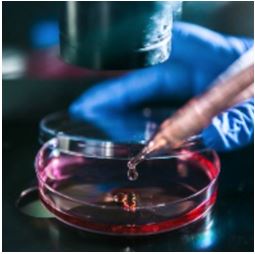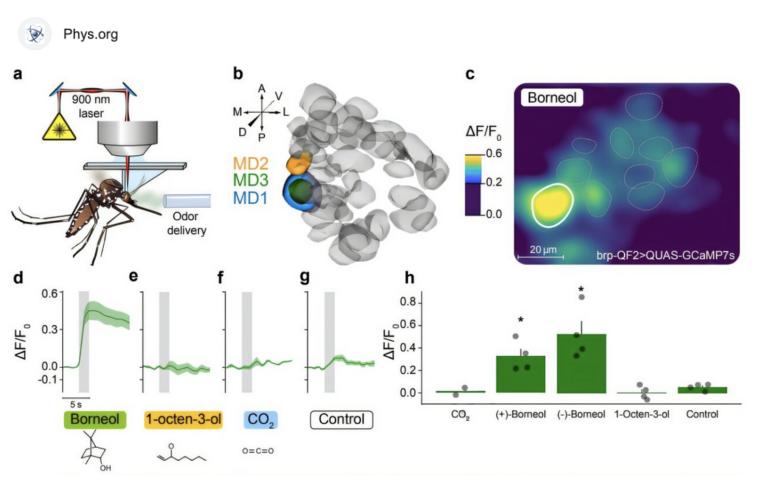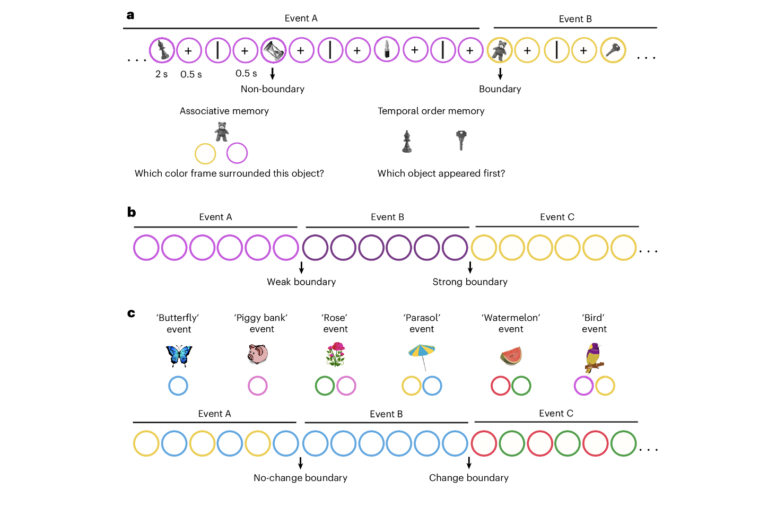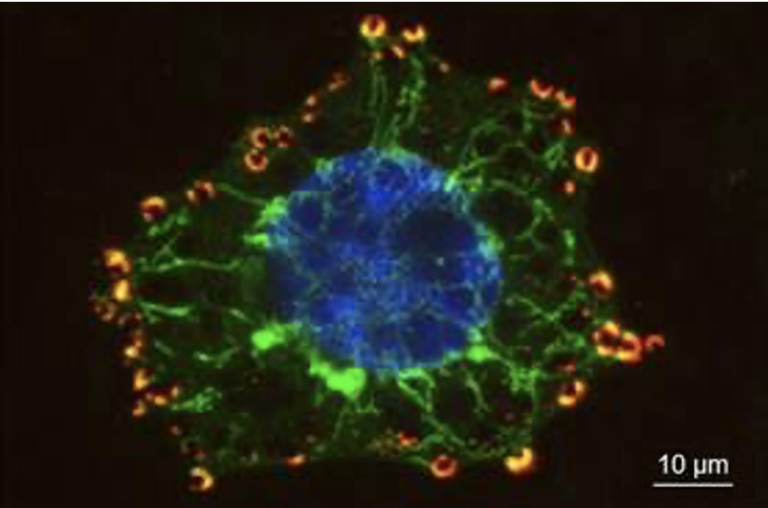Femmes et sciences : BGU (Israël), réactiver la fertilité et réparer la dégénérescence

[:fr]
L’infertilité touche cinquante millions de couples dans le monde, et Israël est tout aussi concerné. De plus, le nombre de personnes atteintes est en augmentation.
Bien qu’Israël soutienne une politique nataliste très volontariste, l’infertilité touche de plus en plus de couples. En cause : l’exposition aux phtalates, des perturbateurs endocriniens omniprésents dans les plastiques ; le port des téléphones mobiles dans les poches de pantalon ; la présence d’hormones femelles dans l’eau potable recyclée ; l’usage massif de pesticides par l’agriculture intensive ; la concentration élevée d’œstrogènes, une hormone femelle, dans les produits laitiers (Le Monde).
Une simple dose pourrait améliorer la fertilité féminine et masculine
La Pr Esther Priel, directrice de la faculté de médecine de l’Université Ben Gourion du Néguev (BGU) et son équipe ont étudié les télomères (zones situées à l’extrémité des chromosomes) et ont annoncé le développement d’un traitement contre l’infertilité. Comment est-ce possible ?
La taille des télomères diminue au fur et à mesure du vieillissement. Or les télomères ont un rôle crucial. Ils déterminent la durée de vie des cellules en général et des gamètes en particulier. Des télomères plus courts induisent une diminution de la fertilité.
Le traitement proposé par le Pr Priel et son équipe stimule l’expression d’une enzyme, la télomérase, responsable du maintien des télomères. Ce traitement permet de rallonger les télomères pendant 24 heures avec une simple dose.

Les études menées sur des souris ont permis de montrer qu’une simple dose permettait d’améliorer significativement la fertilité des souris mâles et femelles. En effet, une dose augmente le nombre d’ovocytes ainsi que leur vitesse de maturation. De plus, chez des souris ayant subi des chimiothérapies, le traitement permet de protéger les ovaires et testicules. Enfin, cette dose n’induit pas d’effets secondaires.
Le Dr Ora Horovitz, vice-présidente de BGN Technologies, Société de transfert de technologies de la BGU, précise : « Les télomères sont notre horloge biologique. En développant un traitement qui prévient ce raccourcissement, on crée un produit anti-âge. Pour les maladies dégénératives, on pourrait envisager de faire disparaître cette dégénérescence ».
A présent, le Pr Priel et son équipe cherchent de nouvelles collaborations afin de transformer ces résultats prometteurs en futurs traitements.
Auteur : Odélia Teboul, pour le BVST, doctorante à l’Université Hébraïque de Jérusalem
[:en]
BGN Technologies, Ben-Gurion University of the Negev’s technology transfer company, announced that BGU researchers are developing a new, single-dose fertility treatment based on a new telomerase-activating compound, which could improve both male and female fertility. The groundbreaking technology was developed by Prof. Esther Priel and her research group, at BGU’s Faculty of Health Sciences in consultation with the In-Vitro Fertilization (IVF) Laboratory at Soroka University Medical Center.
The new treatment stimulates the expression of the telomerase, the enzyme that is responsible for maintenance of telomeres, DNA sequences at the tip of a chromosome that affect the life span of cells in general and contribute to infertility. The novel treatment re-elongates the telomeres and protects cells from damages, thereby increasing cell viability and increasing the likelihood of fertilization and embryo generation and implantation. The treatment is applied as a single dose, and dissipates within 24 hours. The compound was tested on mice, and showed no toxic effects in animal studies.
“We’ve evaluated the efficacy of the new compound in mice and found that a single dose greatly improves fertility in both female and male mice, » said Prof. Priel. “One dose speeds up egg maturation and ovulation, increases the number of ovulated eggs, and results in a larger number of viable offspring. »
“The compound also showed a protective effect on ovaries and testes of mice undergoing radiation suggesting that it might be able to protect and improve the fertility of women and men undergoing radiation therapy for cancer, » she added.
The compound is a member of a family of several telomerase activating compounds, that were found to affect several degenerative diseases, developed in a research collaboration between Prof. Priel, Prof. Shimon Slavin and Dr. Aviv Gazit.
“The promising preclinical results and especially the fact that a single dose was sufficient to demonstrate the efficacy of the compound could lead to a highly accessible treatment option, » stated Dr. Ora Horovitz, Senior Vice President of Business Development at BGN Technologies. “We are now seeking collaboration for further development of this promising treatment towards human clinical trials and commercialization. »
The global fertility services market is expected to exceed $21 billion by 2020 according to a report published by Technavio.
[:]







